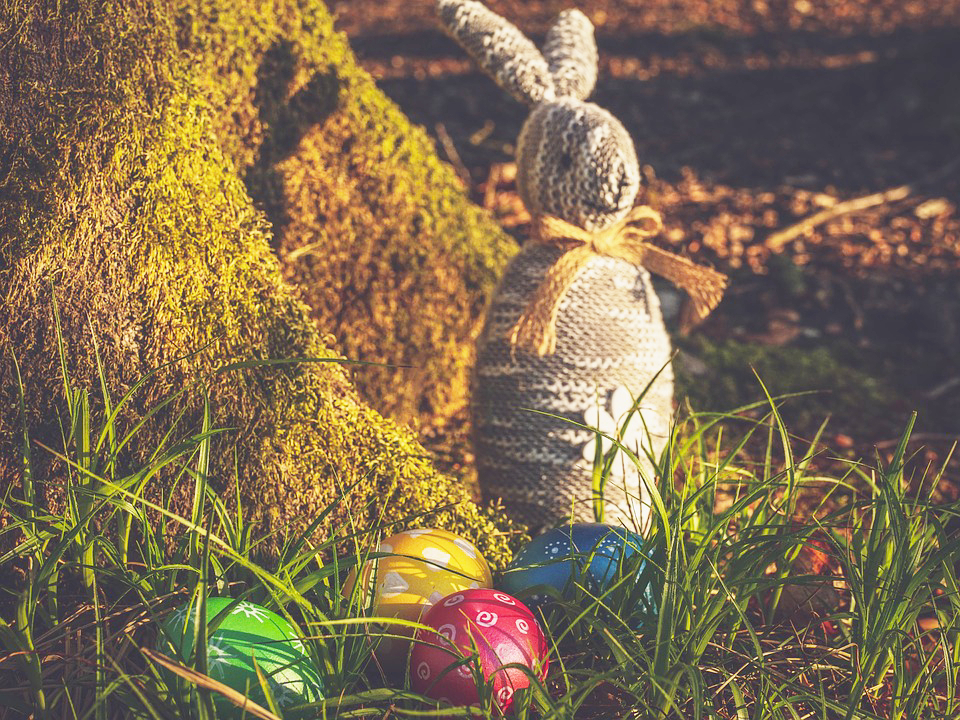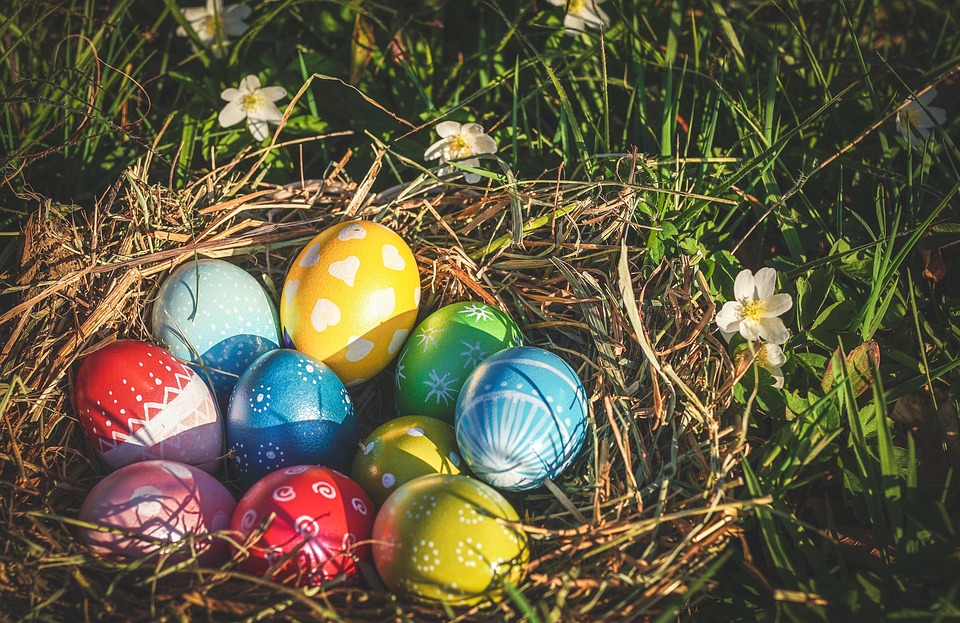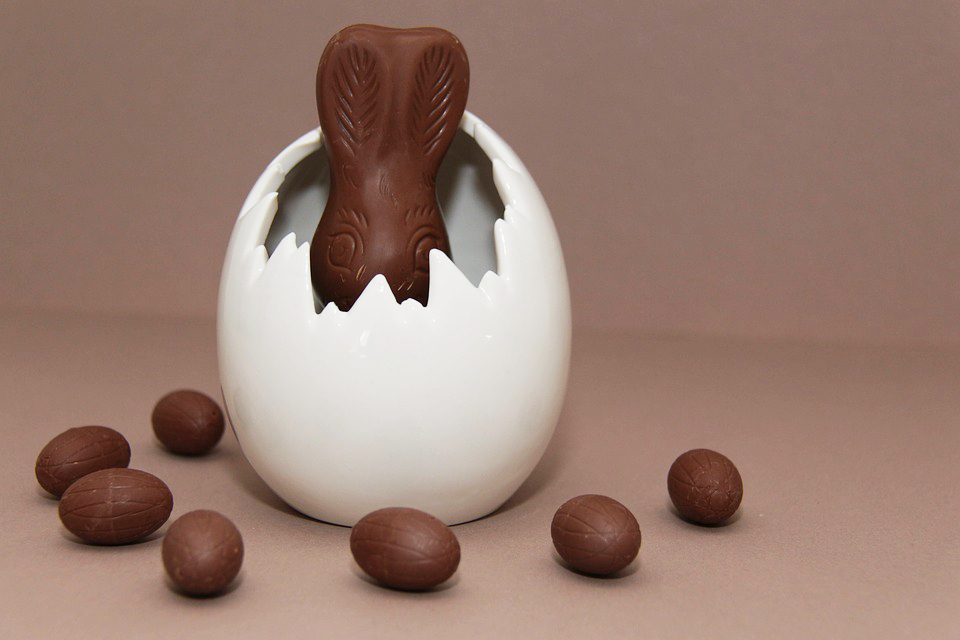As you may know, BigTranslation is made up of people of different nationalities, of very diverse nationalities. But many of them share traditions, such as the celebration of Easter.
Each person that celebrates Easter at BigTranslation does so differently, but there is usually a common factor: Easter eggs.
In this post, we tell you about their origin as well as how Easter is celebrated in some of these countries.
What is the origin of Easter eggs?
Nowadays, in many countries, Easter is linked to Christian tradition. In fact, it is one of the most important celebrations, given it celebrates the resurrection of Jesus.
The celebration of Easter has, over time, incorporated customs and traditions that are much older than Christianity. These traditions are closely related with what are known as Easter eggs.
For ancient civilisations such as the Egyptians or Phoenicians the egg has always been synonymous with fertility. For the latter, the symbols of the goddess of fertility: “Astarte” or “Ishtar” were the egg and the hare.
The origins of Easter date back to the spring festival celebrated by the Teutons in honour of the goddess of light and spring, who was called Easter.
This is how the Pagan and Christian traditions came together over time. The beginning of spring used to coincide with Holy Week, and the first Christians considered the egg to be a symbol related with the resurrection of Jesus.
And although the egg has always been synonymous with fertility, there is another theory about Easter eggs.
Pope Julius III, banned the consumption of eggs during Lent because he considered them to be meat. Because of this ban, families accumulated the eggs they cooked so they could give them away when the ban ended.
To enhance this gift, many people became specialists in the decoration of the eggs. This is how a tradition emerged that is deeply rooted in today’s European countries, such as Germany, Poland and the United Kingdom, but also in America.
Despite the Easter egg being part of the celebrations of these countries, they are not exactly the same.
For example, in the United Kingdom, children hunt for Easter eggs that have been hidden by the Easter bunny during the night of Easter Sunday. Also, in Scotland and in the North of England, they play games with the eggs: they thrown them so they roll down from the top of a hill or they run into each other to see which one is strongest.
In other parts of Europe, such as Germany, it is traditional to hand paint the eggs and hide them in the garden so that children find them.
Furthermore, it was the confectioners of this country, along with those of Italy and France, who started to make chocolate eggs with surprises inside in the nineteenth century.
In relation to chocolate, in areas of Spain such as Catalonia, it is traditional to make chocolate figures to give to children. These figures can become large works of art.
And in other areas, such as the Community of Valencia, they bake buns, called “monas de Pascua” to accompany a hard-boiled egg or chocolate and which makes a tasty snack for children. At the same time, there is an interesting tradition of breaking the hard-boiled egg on someone’s head, which is a really fun game, especially for children.
In summary, for one reason or another, Easter eggs are always present in the different countries that celebrate Easter. These are deep-rooted traditions that pass down from parents to children and have the egg as their main feature.
If you have a business, don’t miss out on the opportunity to celebrate Easter with your customers. Request a translation quote now for your texts and get your desired message across to everyone.





